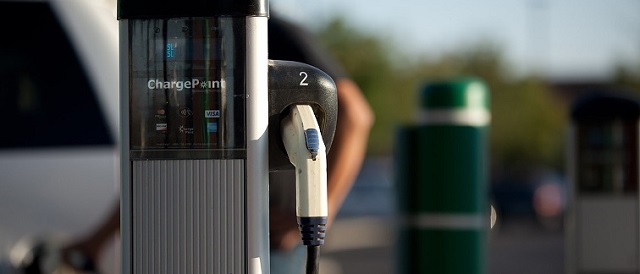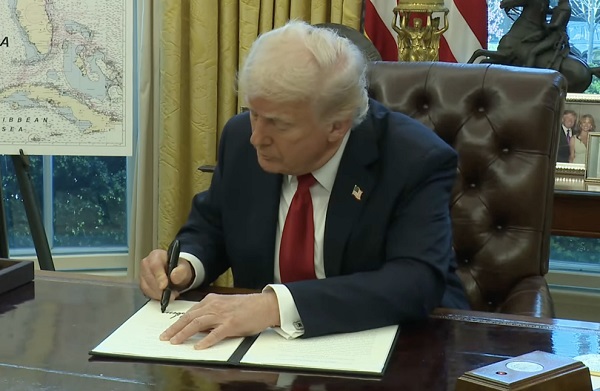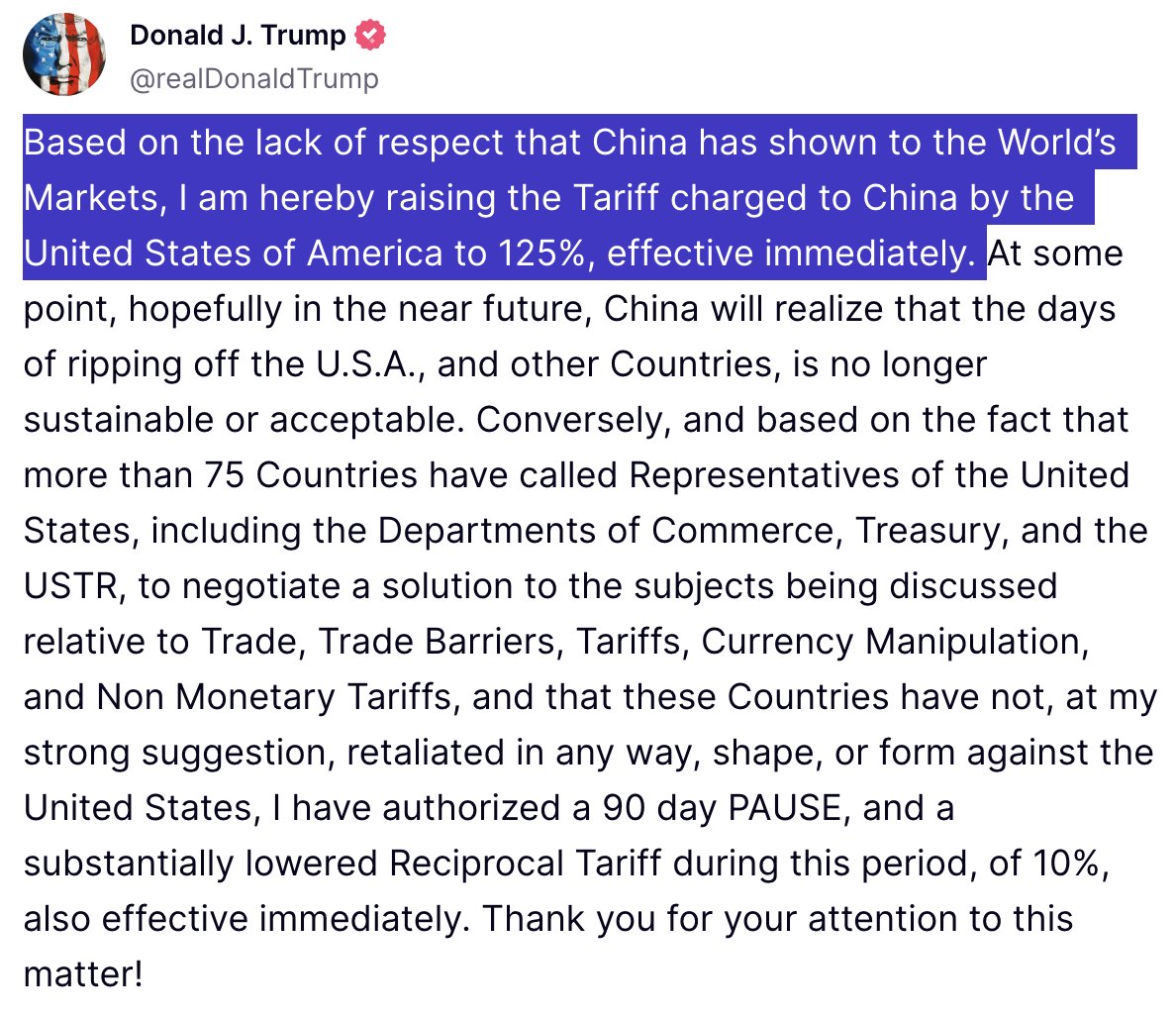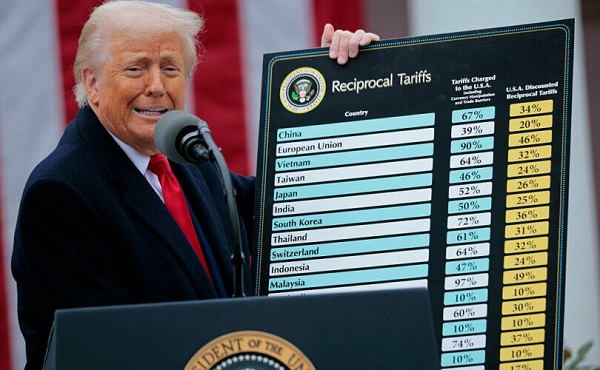By NICK POPE
The U.S. subsidiary of a Chinese electric vehicle (EV) manufacturer and its top executive have given hundreds of thousands of dollars in campaign cash to Democrats in recent years.
Stella Li, a top executive for BYD Americas, and the company itself have given tens of thousands of dollars in campaign cash to Democratic candidates and organizations in California and beyond over the past decade, according to a Daily Caller News Foundation review of federal and state political spending records. Based in China, BYD is the biggest EV producer in the world, and Congress moved in January to ban the Pentagon from buying its batteries due to security risks, according to Bloomberg News.
For example, BYD and Li gave more than $40,000 to the Democratic National Committee (DNC) between 2020 and 2023, according to the DCNF’s review of political spending records. The company and Li have also poured more than $30,000 into organizations boosting President Joe Biden’s 2024 reelection effort to date.
Democratic California Gov. Gavin Newsom received about $60,000 from Li and BYD USA between 2018 and 2023. Newsom drew scrutiny for his administration’s decision to give BYD a $1 billion no-bid contract to supply protective equipment during the coronavirus pandemic despite the company’s core competency being in a different business, and Newsom subsequently took a BYD vehicle for a publicized test drive during a 2023 trip to mainland China.
Former Los Angeles Mayor Antonio Villaraigosa received more than $10,000 from Li to help his failed 2018 gubernatorial campaign, while the California Democratic Party received approximately $19,000 from Li and BYD USA between 2018 and 2020, according to the DCNF’s review of political spending records.
Michael Anotovich, former Chair of the Los Angeles County Board of Supervisors and an architect of California’s bullet train project, received more than $11,000 from BYD USA and its executives in 2015 and 2016 to help his political career, according to the DCNF’s review of political spending records. Anotovich often governed in ways that benefited BYD, such as when he, along with Villaraigosa, steered millions of dollars from a Los Angeles municipal clean bus testing program toward BYD, the Los Angeles Times reported in 2018.
Additionally, BYD USA forked over $25,000 to a 501(c)(4) organization called California For Safe, Reliable Infrastructure in 2018, according to the DCNF’s review of state records. Californians For Safe, Reliable Infrastructure was an organization that opposed the failed Proposition 6 in 2018, which would have repealed a 12 cent per-gallon tax on gasoline passed the prior year and required voter approval for future tax or fee increases on gasoline.
Ed Chau — formerly a member of the California State Assembly — raked in $7,000 from BYD USA and executives to boost his ambitions in 2018 and 2020, according to the DCNF’s political spending records review. Notably, Chau nominated Li for a “woman of the year” prize in his district in 2018.
Meanwhile, BYD USA and Li gave Los Angeles City Councilman Kevin de Leon more than $19,000 in 2017 and 2018, according to the DCNF’s review. Notably, then- President pro Tempore of the California Senate de Leon said that “California and the rest of the nation needs more companies like BYD that take opportunities presented by policy and turn it in to job creation” regarding the 2017 ribbon cutting ceremony for BYD USA’s expansion of its Lancaster, California manufacturing facility.
BYD is one of the biggest EV manufacturers in the world, though its Americas subsidiary focuses specifically on electric trucks, forklifts, and buses, according to its website. The company is reportedly examining options for penetrating the U.S. EV market by way of Mexico, and the Environmental Protection Agency’s (EPA) recently-finalized tailpipe emissions standards for heavy-duty vehicles may end up benefiting BYD USA in the long-term, according to analysis by HEATMAP, a climate-focused publication.
The company has expanded its presence around the world in recent years under the “impetus” of China’s Belt and Road Initiative (BRI), according to a 2018 paper published in Advances in Economics, Business and Management Research. The BRI is a $1 trillion Chinese government effort to build infrastructure projects and accrue economic influence in other countries that is “widely recognized as an economic power play that could challenge U.S. influence geopolitically,” according to the Jamestown Foundation.
Additionally, BYD is touted in several articles posted to an official Chinese government website called “Belt and Road Portal.”
Moreover, Congress has specifically flagged the company in two separate National Defense Authorization Acts (NDAA). The 2020 NDAA contained a provision that banned public funds going to boost China-linked transportation companies like and including BYD, according to The Washington Post, and the NDAA that passed in December 2023 prohibits the Pentagon from buying batteries made by BYD and five other Chinese companies starting in 2027, according to Bloomberg.
The offices of Newsom, Ma, de Leon, BYD USA, the DNC, the California Democratic Party, ActBlue, and the Biden campaign did not respond to requests for comment. Anotovich could not be reached for comment, and Villaraigosa’s current employer did not respond to a request for comment on his behalf, nor did the Superior Court of Los Angeles County, on which Chau now sits.
Related


















